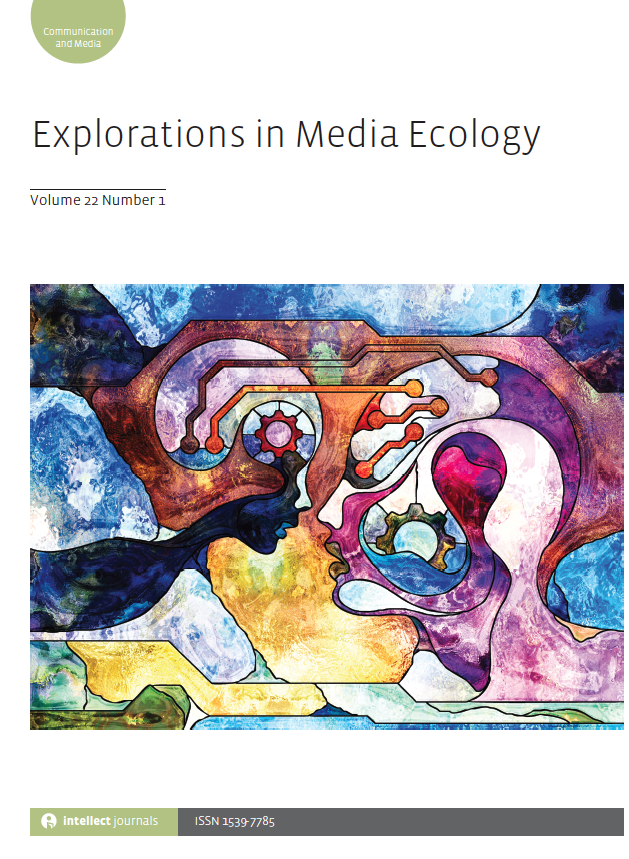
Full text loading...

For more than 50 years, scholars of managerial behaviour have described the oral more than print-oriented character of managers’ everyday worlds. Managers engage in almost incessant interpersonal interaction, seeking out oral communication with others and neglecting or mistrusting print sources of information. However, recently a revolution in workplace processes and communication has been occurring with the emergence of digitized, Internet-enabled texts throughout globalized enterprise, which are strongly influencing workplace practices. Managers rely heavily on oral modalities to do their work but increasingly they are expected to read and understand complex organizational texts, then from these sources, solve problems and make decisions. Using an assessment of managers’ literacy, this paper explores the implications for managers’ literate and oral performance at work, along with their ability to cope with the demands of the emerging document-driven workplace.

Article metrics loading...

Full text loading...
References


Data & Media loading...

Publication Date:
https://doi.org/10.1386/eme_00033_1 Published content will be available immediately after check-out or when it is released in case of a pre-order. Please make sure to be logged in to see all available purchase options.